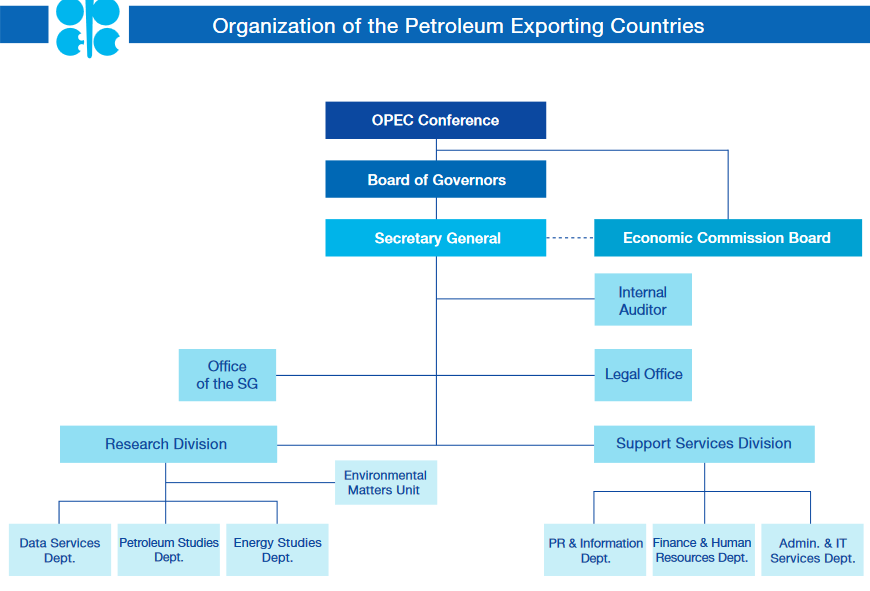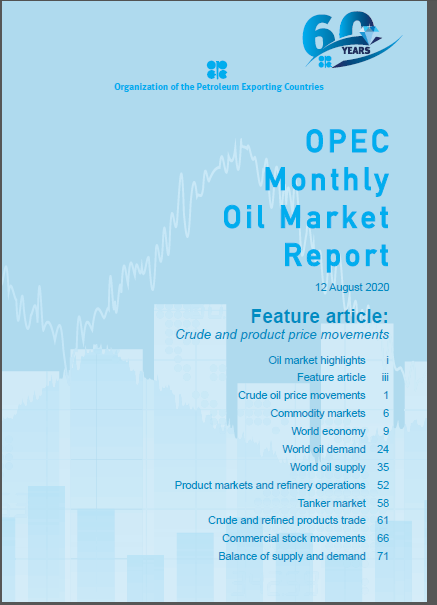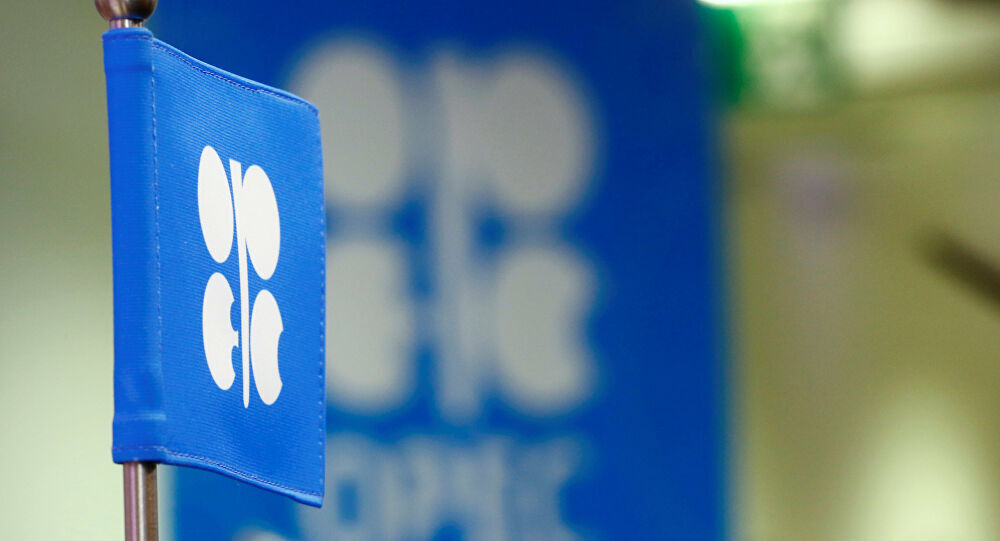The five countries were holding 67% of global oil reserves and 36% of world oil market. OPEC’s Statute was adopted in the January 1961 meeting of the producer group before being endorsed by UN Security Council Resolution 6363 on November 6, 1962.
These countries were later joined by Qatar (1961), Indonesia (1962), Libya (1962), the United Arab Emirates (1967), Algeria (1969), Nigeria (1971), Ecuador (1973), Gabon (1975), Angola (2007), Equatorial Guinea (2017) and Congo (2018).
Ecuador suspended its membership in December 1992, rejoined OPEC in October 2007, but decided to withdraw its membership of OPEC effective 1 January 2020. Indonesia suspended its membership in January 2009, reactivated it again in January 2016, but decided to suspend its membership once more at the 171st Meeting of the OPEC Conference on 30 November 2016. Gabon terminated its membership in January 1995. However, it rejoined the Organization in July 2016. Qatar terminated its membership on 1 January 2019.
This means that, currently, the Organization has a total of 13 Member Countries.
It is stipulated in the Statute that “any country with a substantial net export of crude petroleum, which has fundamentally similar interests to those of Member Countries, may become a Full Member of the Organization, if accepted by a majority of three-fourths of Full Members, including the concurring votes of all Founder Members.”
The Statute further provides for Associate Members which are those countries that do not qualify for full membership, but are nevertheless admitted under such special conditions as may be prescribed by the Conference.
Today, OPEC members account for 40% of global oil production and 60% of global oil trade. The Organization is celebrating its 60th anniversary against the backdrop of the Covid-19 pandemic that has sharply slashed demand for oil, and has subsequently caused a price slump.
OPEC has definitely played a constructive role in the oil market management over the past six decades. Recently, many maintained that OPEC is no longer as effective as it was and it could no longer control the oil market. However, OPEC decisions aimed at restoring the market stability showed that this organization was still a key player. The decisions and policies of OPEC over recent months and years have been aimed at interacting with consumers and balancing global oil prices. That has been in harmony with OPEC member’s oil production quota in proportion to supply and demand.
Over the past ten years, OPEC has cut its production in order to shore up prices. To that end, OPEC and its allies closed ranks to find a solution for the market stability. The OPEC+ agreement still stands.
Preventing oil shocks, breaking the monopoly of major oil companies over the market and the petroleum industry and controlling oil resources and achieving a reasonable level of revenue are some of positive impacts of OPEC.
Today, oil prices are set based on market mechanisms and physical transactions in the market; however, OPEC’s policies and decisions have always affected the global oil market and it could be concluded that OPEC has tried its best in the market management in favor of producers, consumers and investors.
OPEC makes plans with a view to achieving sustainable revenue, securing supply and demand. Due to their geographical location in three continents, OPEC member states have had to reach mutual understanding and upgrade their ties.
According to OPEC’s Statute, “the principal aim of the Organization shall be the coordination and unification of the petroleum policies of Member Countries and the determination of the best means for safeguarding their interests, individually and collectively.
“The Organization shall devise ways and means of ensuring the stabilization of prices in international oil markets with a view to eliminating harmful and unnecessary fluctuations,” according to the Statute.
OPEC Organs
The Organization shall have three organs: The Conference; the Board of Governors; and the Secretariat.
The Conference holds two Ordinary Meetings a year. However, an Extraordinary Meeting of the Conference may be convened at the request of a Member Country by the Secretary General, after consultation with the President and approval by a simple majority of the Member Countries. In the absence of unanimity among Member Countries approving the convening of such a Meeting, as to the date and venue of the Meeting, they will be fixed by the Secretary General in consultation with the President.
The Board of Governors is composed of Governors nominated by the Member Countries and confirmed by the Conference. Each Member of the Organization should be represented at all Meetings of the Board of Governors; however, a quorum of two-thirds is necessary for the holding of a Meeting and making decisions.
The Secretariat carries out the executive functions of the Organization in accordance with the provisions of the Statute under the direction of the Board of Governors. OPEC’s Secretariat was initially based in Geneva, but in 1965 it was moved to Vienna where its headquarters is based.
The Conference appoints the Secretary General for a period of three years, which term of office may be renewed once for the same period of time. This appointment takes place upon nomination by Member Countries and after a comparative study of the nominees’ qualifications.

The Conference elects President and an Alternate President at its first Preliminary Meeting. The Alternate President will exercise the responsibilities of the President in his absence, or when he is unable to carry out his responsibilities. The President holds office for the duration of the Meeting of the Conference, and will retain the title until the next Meeting.

As a founding member, Iran is trying its best in favor of its national interests in the global market through active presence within OPEC. However, over recent years, unilateral sanctions have exerted double pressure on Iran’s petroleum industry. Iran’s Foad Rohani was the first secretary general of OPEC from 1961-1964.
Iran has so far hosted OPEC conferences three times: in 1961, in 1971 and in 2005. The country has also presided over OPEC Conference nine times.
Iran’s Minister of Petroleum Bijan Zangeneh is the doyen of OPEC now.


Your Comment